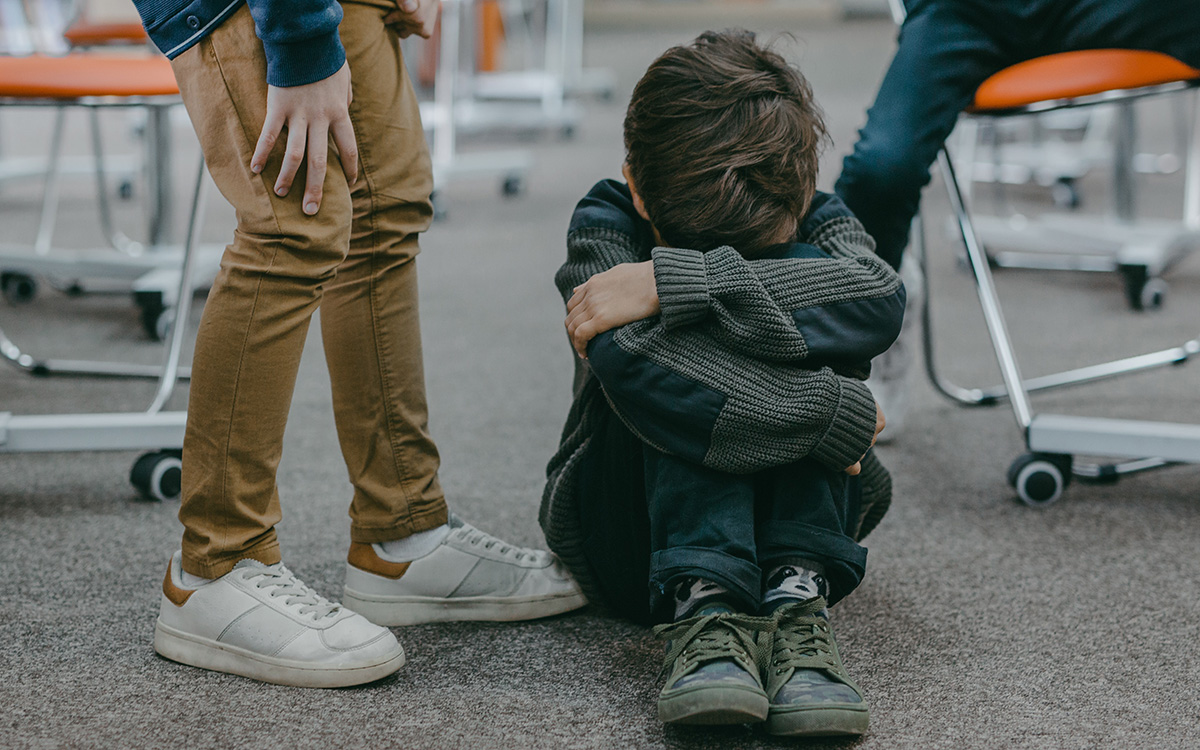When a child is abused or neglected by someone they care about or rely on for their own care, the effects of that harm are generally not isolated to the incident. Being harmed by someone you trust can result in exponential injury.
First, the child is harmed by the act of that trusted individual – emotionally and perhaps physically, depending on the type of abuse. The impact can have a ripple effect throughout their development, potentially altering their sense of self-worth, their sense of feeling cared for and protected. If a devotee perpetrates the abuse, their spiritual development will likely be adversely impacted. The victim of the abuse may blame themselves for what happened rather than put the responsibility where it belongs, on the person who hurt them.
Others may increase the injury by acting as though the victim is making more out of it than it needs to be. Some may suggest that they forgive the person so everyone can move on, without ever helping to heal the injury.
If the perpetrator is someone they care about or someone who is respected by others, the victim may feel bad for having ill feelings toward the person who harmed them. This exacerbates the pain of the abuse and turns blame onto themselves.
At any point in their life, if the victim musters up the strength to speak up about the harm done to them, they may feel even more shame, guilt, grief or any number of bad feelings about naming someone they cared about or someone who is cared about by others they know.
The ripple effect of the harm the offender committed affects layers of people – the victim, those who care about the victim at the time, such as parents and siblings, those who care about the victim later in life, such as a spouse and their children, those who care about the offender, and so on.
Child abuse does not happen in a bubble, isolated in time. Like all other developmental experiences of learning how to navigate this world, it can become part of the child’s foundation for life. A detrimental part that goes on to influence other aspects of their life – school, work, relationships, spiritual life, even basic self-esteem.
April is National Child Abuse Prevention Month in the United States. This month is dedicated to raising awareness and preventing child abuse, wherever it may take place.
The vast majority of child abuse is committed by someone the child knows, likes and trusts. It is exponentially more likely that a child will be abused by a family member or acquaintance than by a stranger. That relationship of trust makes it even more challenging to do the needful. However, children rely on adults to get them the help they need to stop abuse and recover from the effects of it. If you see something, say something – report!
For more information on National Child Abuse Prevention Month: https://www.childwelfare.gov/topics/preventing/preventionmonth/
Stopping abuse is something that we can all take part in. Helping someone heal from abuse can be as simple as believing them, listening to them and being a safe, trusted person in their life.

